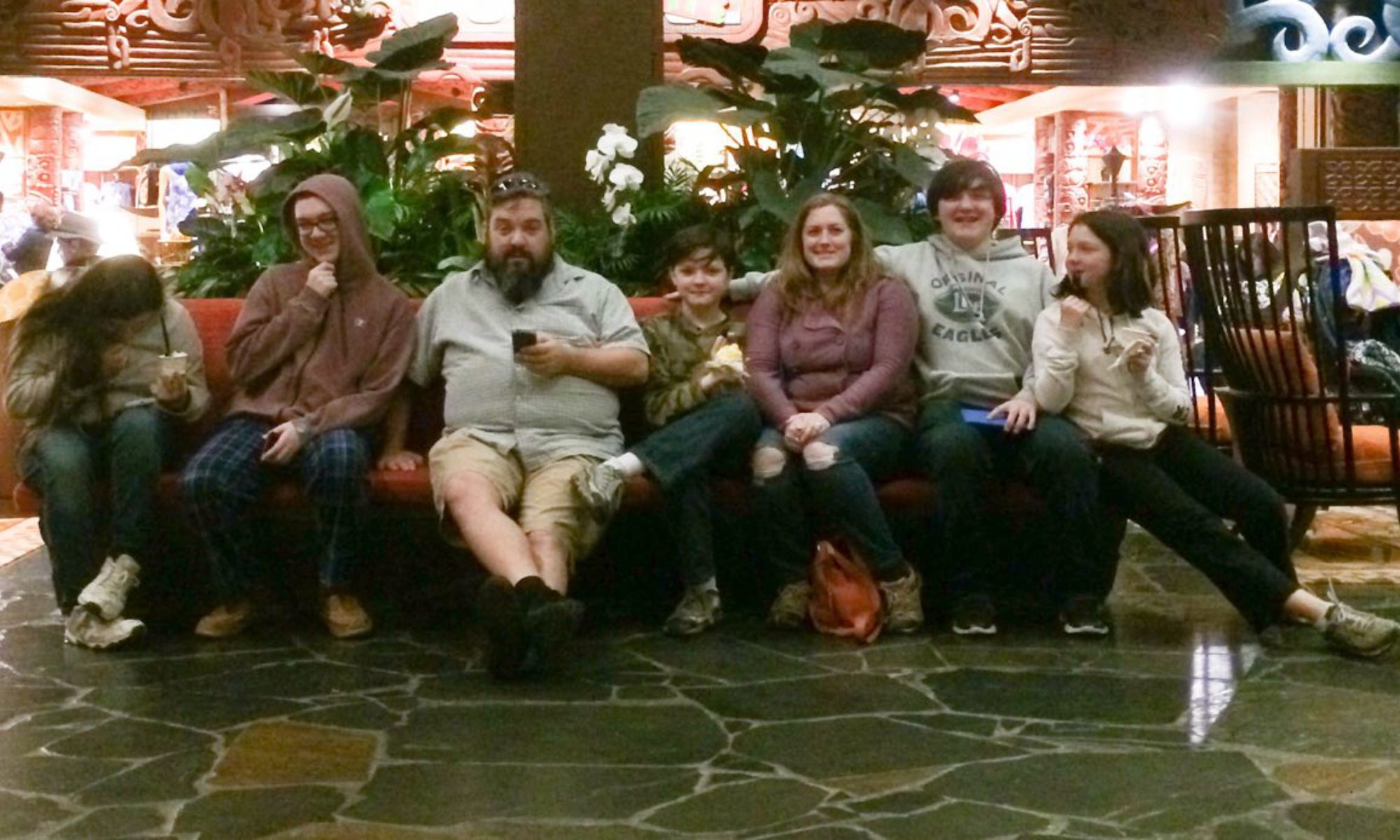This is from The Homeschool Lounge:
Some of you may have some experience with this, and (while that hurts me to think you’ve lived with it) I need a little help from those who have had some real success!
For those who have had a child who could fire up and respond in anger quickly, I’d love to know more about some of the Godly responses and tools that helped you through it.
Please consider this is a boy about the age of 7. He can become easily frustrated, and it builds rapidly. Sometimes we don’t see it coming, and even when we do, I often say or do the wrong thing.
Help?
Thanks in advance!
Hugs to you, Jennifer!
After experiencing similar anger/tattling/conflict/fighting problems, I decided to incorporate The Young Peacemaker into our day by doing a page or two each morning for our devotional segment of school.
Studying the topic of peacemaking preemptively, instead of only talking about it when there is an anger outburst, has made a huge difference in the atmosphere of our home by reducing the number of kid-conflicts. Reducing, not erasing! :) We still have at few each day! But, because the foundation has been laid, they are easier to work through than before.
My seven, five, four, and three year old are doing a fantastic job of memorizing the verses for each chapter (we do about a chapter a week).
If you put good things in your heart, good things will come out of your heart. Out of the overflow of the heart, the mouth speaks. (Luke 6:45)
There is even a resource page dedicated to using The Young Peacemaker as part of homeschooling.
I hope this helps. I certainly have learned a lot from doing The Young Peacemaker with my kids – and I’m a moderator at PeaceGals.com! It certainly gave me a new perspective when training my children vs. talking to adults about the same topic!
Much love,
SJA
 The Young Peacemaker is a powerful system that parents and teachers can use to teach children how to prevent and resolve conflict in a constructive and biblically faithful manner.
The Young Peacemaker is a powerful system that parents and teachers can use to teach children how to prevent and resolve conflict in a constructive and biblically faithful manner.
The system emphasizes principles of confession, forgiveness, communication, and character development, and uses realistic stories, practical applications, role plays, and stimulating activities.
Although the material is designed for 3rd through 7th grades, it has been successfully used with preschool and high school students.
The lessons in The Young Peacemaker may be summarized in Twelve Key Principles for Young Peacemakers:
1. Conflict is a slippery slope.
2. Conflict starts in the heart.
3. Choices have consequences.
4. Wise-way choices are better than my-way choices.
5. The blame game makes conflict worse.
6. Conflict is an opportunity.
7. The Five A’s can resolve conflict.
8. Forgiveness is a choice.
9. It is never too late to start doing what’s right.
10. Think before you speak.
11. Respectful communication is more likely to be heard.
12. A respectful appeal can prevent conflict.
The Slippery Slope
The Young Peacemaker uses a simplified version of the Slippery Slope to help children understand the various responses to conflict.
The slope is divided into three zones:
The Five A’s of Confession
Children, like adults, can learn to confess their wrongs in a way that demonstrates that they are taking full responsibility for their contribution to a conflict.
Four Promises of Forgiveness
Children can learn to forgive one another in a way that models the forgiveness they have received from God through the gospel of Jesus Christ:
These promises may be summarized in a poem that is so easy a four-year old can memorize it:
Hurt you not
Gossip never
Friends forever
